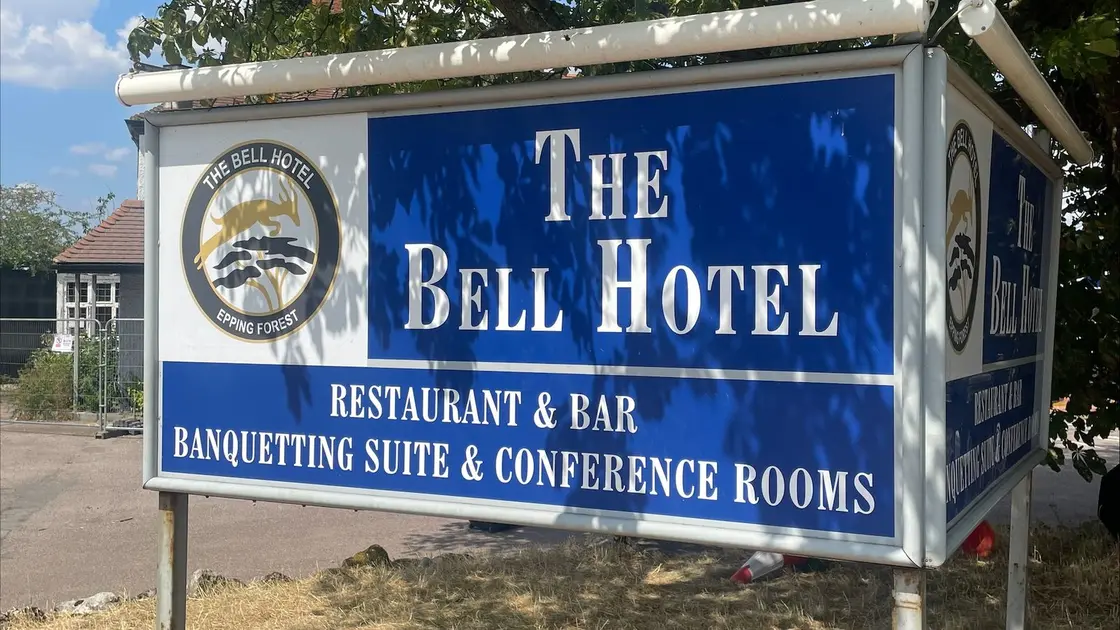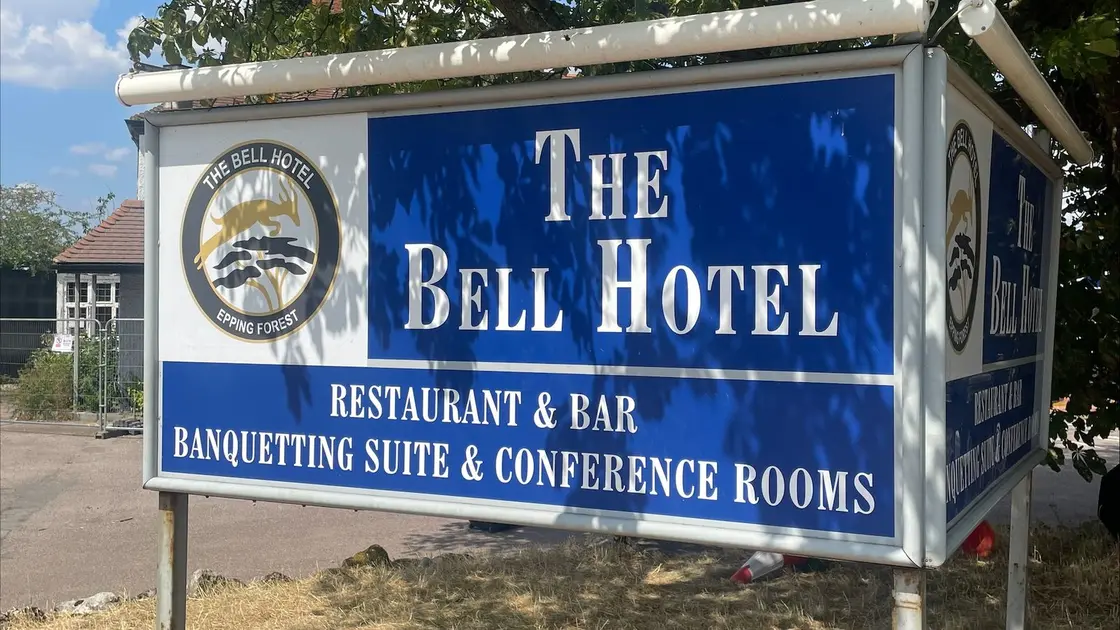T4K3.news
High court ruling reshapes asylum seeker housing plan
A court ruling could force rapid moves away from hotels toward alternative housing for asylum seekers across several councils.

An important high court ruling presses ministers to rethink how asylum seekers are housed beyond hotel accommodation.
High court ruling reshapes asylum seeker housing plan
London’s high court has ruled that housing decisions for asylum seekers must be examined for compliance with planning rules when using hotels. The decision centers on the Bell hotel case in Epping, where owners are accused of switching use without proper permission, prompting a push from councils to scrutinize similar arrangements. The ruling could force the Home Office to move quickly to alternative housing options across multiple localities as it weighs legal requirements against policy promises.
Officials warn that interim injunctions could follow in other council areas, accelerating a pace of change that ministers had signposted but struggled to deliver. Labour has set a target to reduce hotel use, aiming to empty around 200 hotels by 2029, but the ruling may upend timelines and require swift, credible planning. The Home Office could seek a Court of Appeal overturn, a move that would test the balance between court oversight and executive discretion amid broader immigration pressures and a backlog of asylum claims.
Key Takeaways
"Time is running out for empty promises"
A call to set concrete housing steps
"Courts speed up action that politics delayed"
Comment on legal pressure forcing policy moves
"Housing for asylum seekers is a public responsibility"
Public sentiment framing the issue
This ruling highlights a tension at the heart of immigration policy: legality versus political pledges. It forces a recalibration of how housing plans are designed, funded, and rolled out across councils with uneven capacity. The case exposes the risk that legal limits, not political capital, decide the pace of reform. The outcome will shape how governments communicate plans to the public and how local authorities respond to pressure from residents.
Politically, the ruling adds heat to a debate that has grown louder as anti-migrant sentiment rises. Local councils may use court challenges to press for stronger controls, while the government must present a credible, legally sound alternative to hotels. In this environment, steady leadership and clear, humane housing policies will be tested against rapid legal deadlines and an anxious electorate.
Highlights
- Time is running out for empty promises
- Courts press the pace not the timetable
- Housing is a basic need not a political football
- People need homes not headlines
Political and budget risk from asylum housing ruling
The ruling could trigger rapid changes across councils, possible budget strains, and political backlash as the public reacts to shifts in asylum housing. Legal challenges may escalate, testing the government's ability to deliver a credible plan.
Policy questions about asylum housing will keep evolving as timelines tighten and legal arguments sharpen.
Enjoyed this? Let your friends know!
Related News

High Court to decide on Bell Hotel case

UK asylum hotel clash reshapes local politics

High Court injunction blocks asylum seeker housing at Bell Hotel

Labour councils map legal routes to end asylum hotels

Local councils eye injunctions over asylum hotels

Judiciary halts new arrivals at Epping asylum hotel

Councils plan legal action over asylum hotels

Backlog and costs drive asylum housing debate
